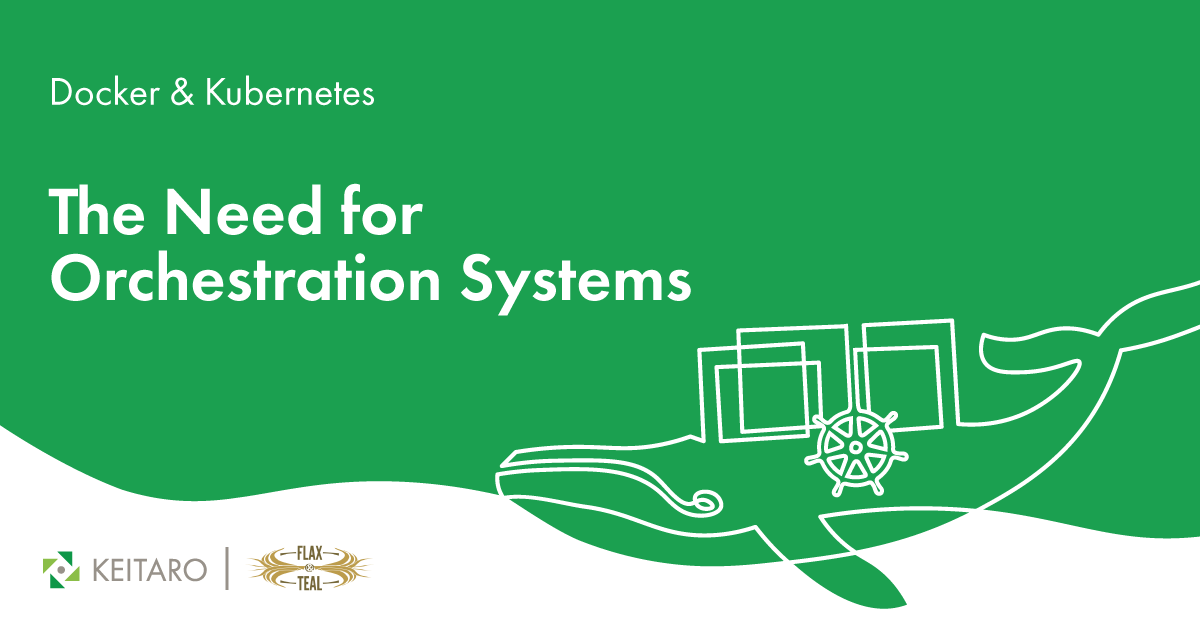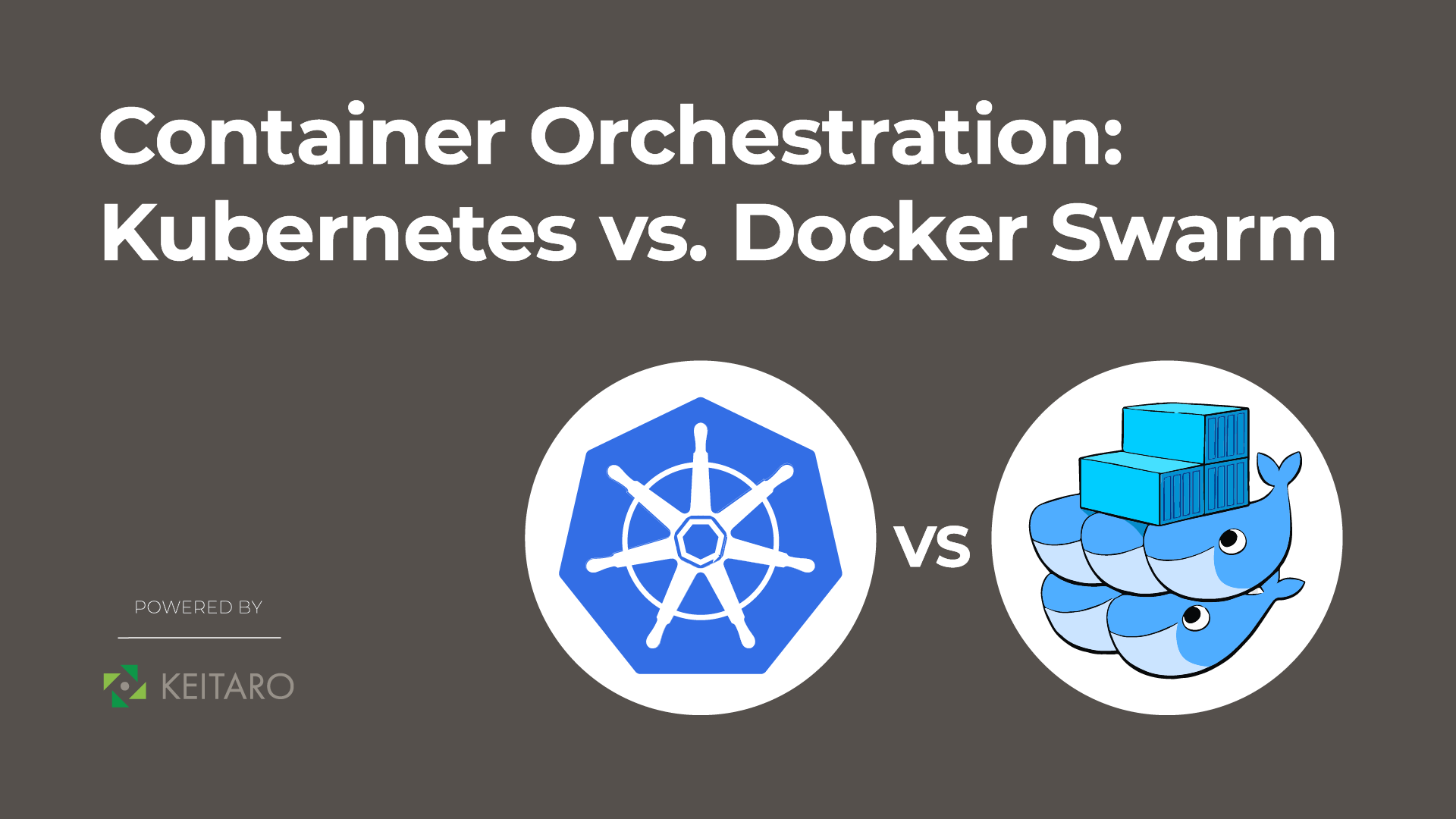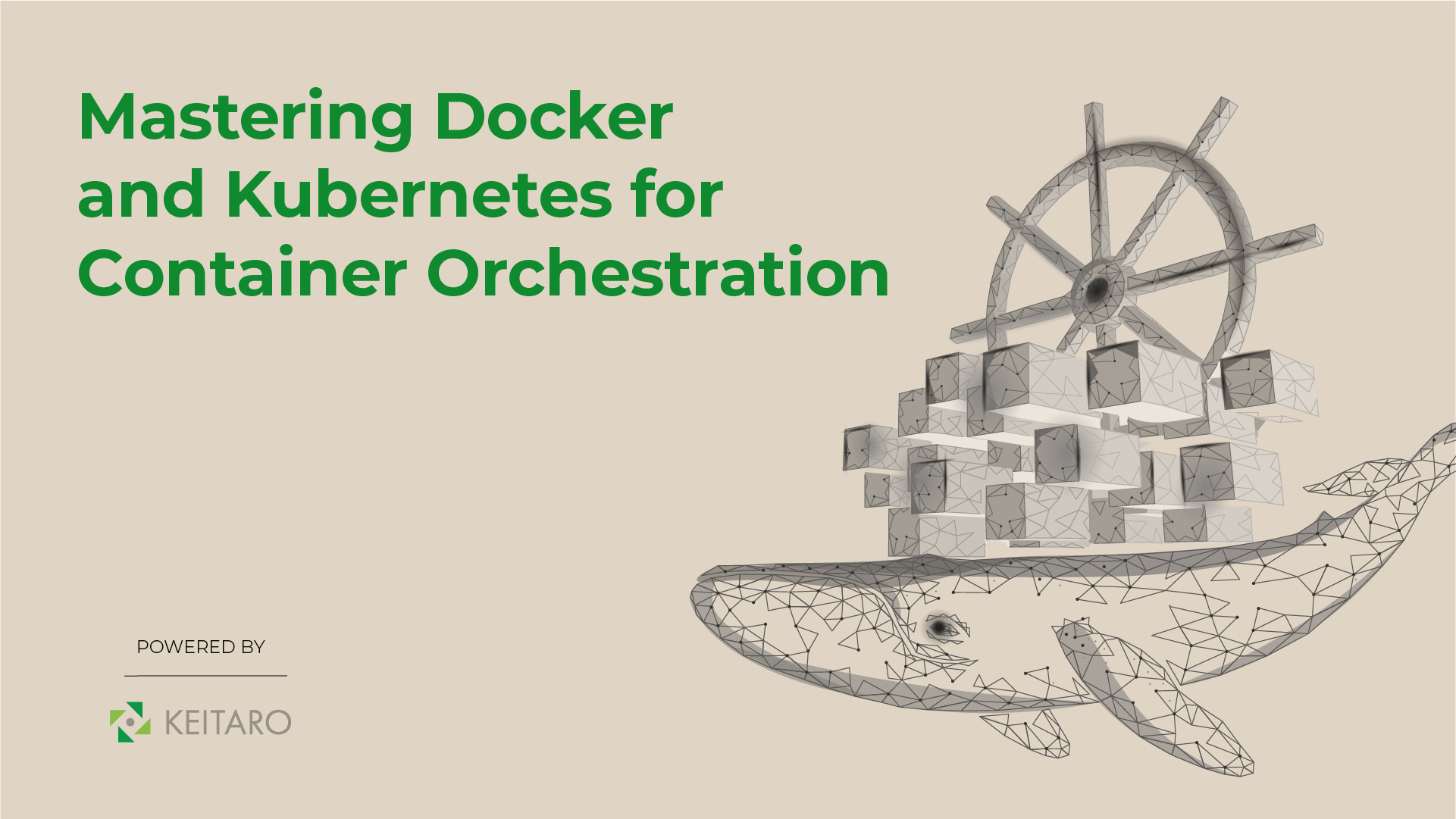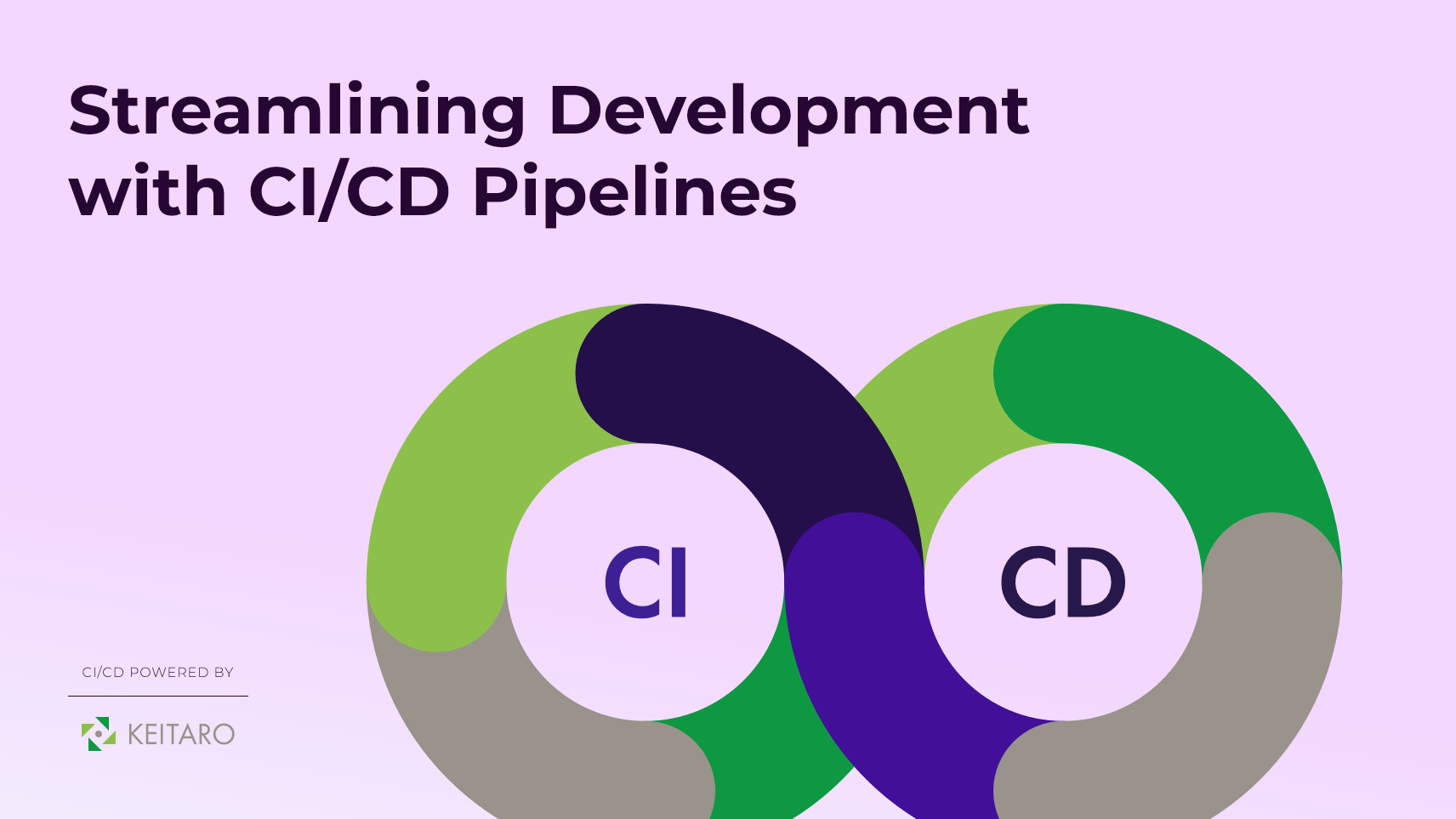Docker and Kubernetes are two open-source leaders when it comes to container technologies. Although they are different technologies, they assist developers with container management and even become more resourceful when combined to provide a robust orchestration system. So, it is important to understand why there is a need for orchestration systems emerging and how Docker and Kubernetes are the key players in it. Let’s explore all these points in this blog, starting with a quick look at containers, Docker, and Kubernetes.
The Need for Containers
A container packages an application code along with its libraries and dependencies to act as an executable unit of software that can run on any IT infrastructure. To help better understand the need for containers, it’s important to understand what struggles developers were facing during application development before containers become a new norm.
When developers write code, they are working on their operating system, specific libraries, and dependencies. So, when that code is sent to the production, it does not function properly because the production system is running on a different environment, such as different OS, libraries, and dependencies.
Containers address this concern by separating code from the local development environment. Developers package the application and its associated dependencies and libraries in one container and send it to production. So, the production can now execute that container on any PC that contains a containerization platform. This way, developers can focus more on quality coding and developing applications that can run on a large number of cross-platform environments.
Docker – The Open-Source Containerization Platform
Docker is the leading open-source containerization platform that empowers developers to quickly build, test, and deploy applications. Docker simplifies packaging software in a container that includes all the elements to run the application, including code, libraries, runtime, and system tools.
Docker containers are portable, which means that they can run on any cloud environment, data center, and desktop. Other key features of Docker include its capability to track and rollback container images automatically, use a container as a base image to create another container, scale containers, etc.
Kubernetes – The Open-Source Container Orchestration Platform
Kubernetes is the leading open-source container orchestration platform that automates and schedules the deployment, handling, and scaling of containerized applications. Multiple containers can be grouped to form a pod, which is then managed efficiently by Kubernetes. A Kubernetes cluster contains so-called control plane components whose role is to make global decisions about the cluster (for example, scheduling), as well as detecting and responding to cluster events.
Kubernetes was first introduced by Google in 2014 as an open-source project. Today Kubernetes is the most widely known system for large-scale orchestration of containerized software owing to its robust functionality, compatibility with leading public cloud providers, active community, automated deployments, self-healing capabilities, and many other top-notch features.
Docker & Kubernetes – The Need for Orchestration Systems
The ever-increasing customer demands have uplifted the software industry and forced software firms to become more agile and responsive to new emerging demands. That’s why the traditional application development approaches are no longer fruitful for software firms. Therefore, companies should focus on implementing robust orchestration systems that can streamline and uplift their software development capabilities.
Docker and Kubernetes are two distinct technologies, but they complement each other. For example, Docker is excellent for packaging applications into isolated, small containers. However, when the number of containers increases, it is not easy for the IT team to manage them. That is where the orchestration system comes to the rescue. Although Docker does offer its own Docker Swarm as the orchestration tool, the most widely used tool is Kubernetes. So, when the container count increases, Kubernetes provides automated deployment of Docker containers, together with additional benefits, such as self-healing, load balancing, automated rollbacks/rollouts, etc.
To sum up, for software firms that are looking to scale their infrastructure in the future, container orchestration systems are a must for them. Your organization can start with Kubernetes from the beginning or if you are using Docker, you can use Kubernetes to solve complications with existing containers. Moreover, the latest versions of Docker now offer built-in integration with Kubernetes, which further helps in streamlining the management and automation of Docker-based containerized applications.
This article was written in collaboration with our partner Flax & Teal Limited. We are excited to serve the Irish public sector together. Working side by side as one big team, we’ll focus on helping our clients and supporting our customer base through the process of creating the product to spreading their products to different markets.



